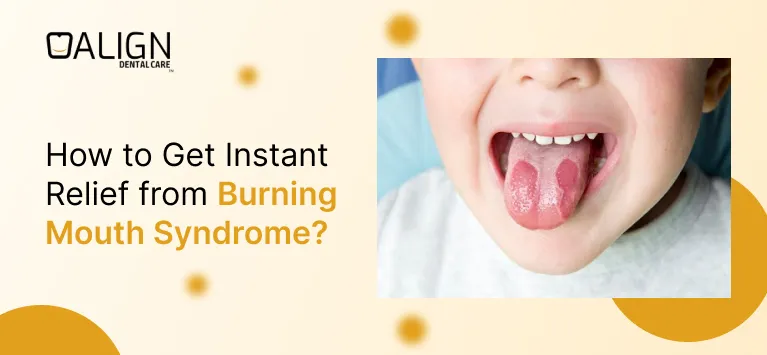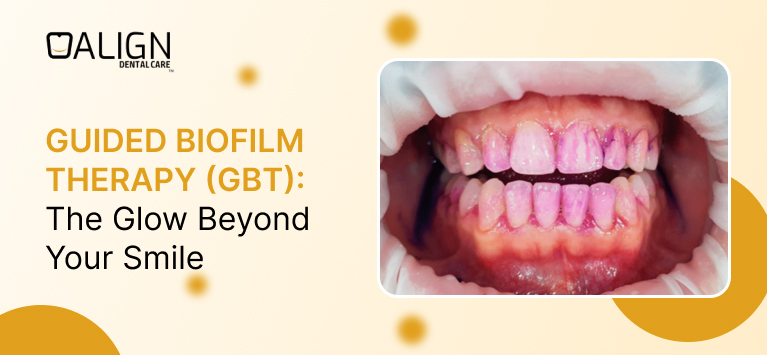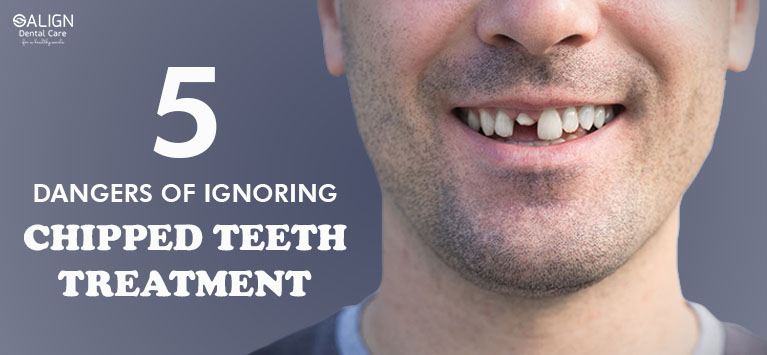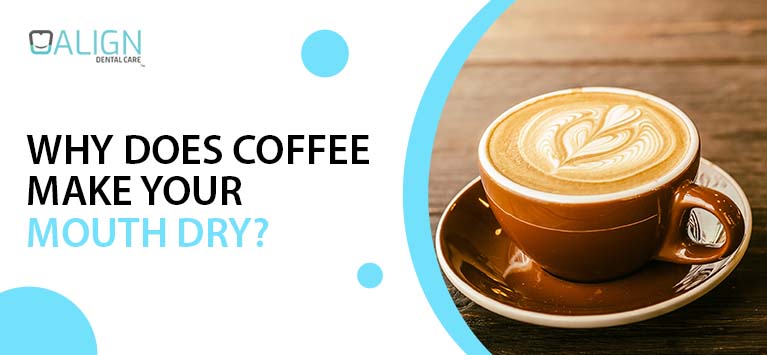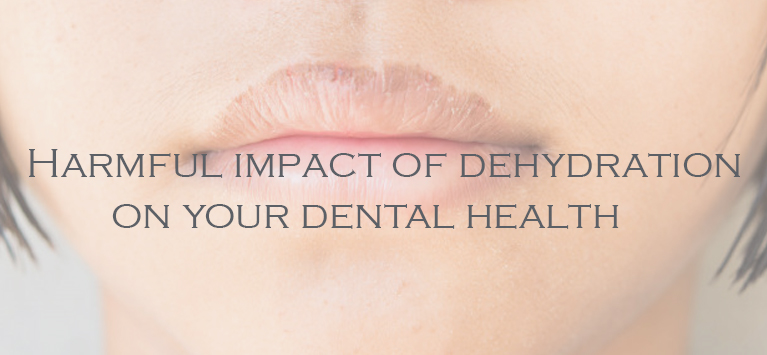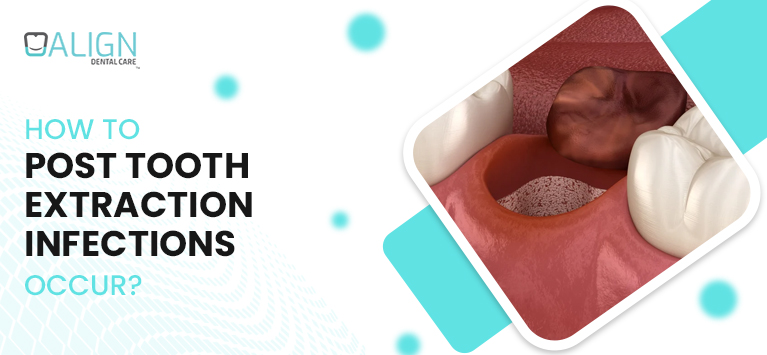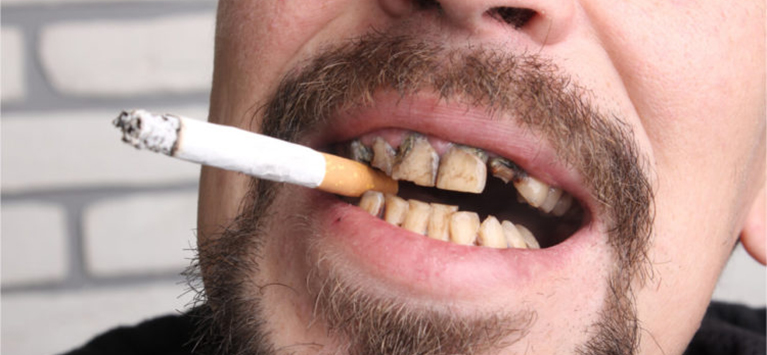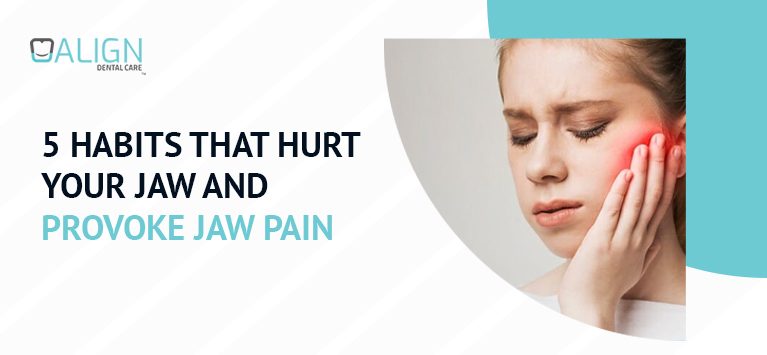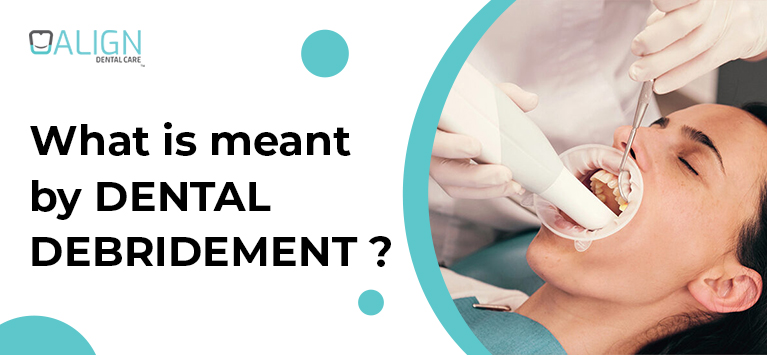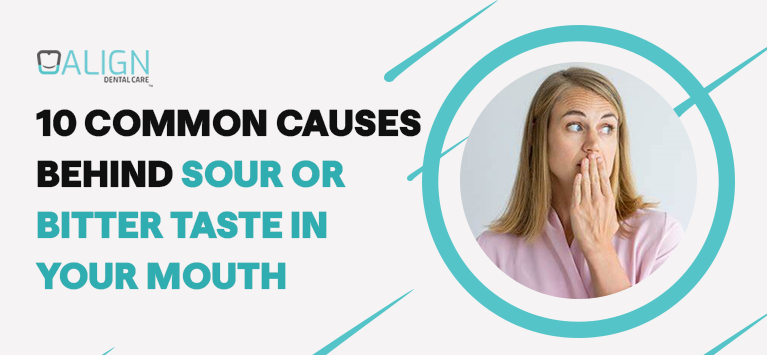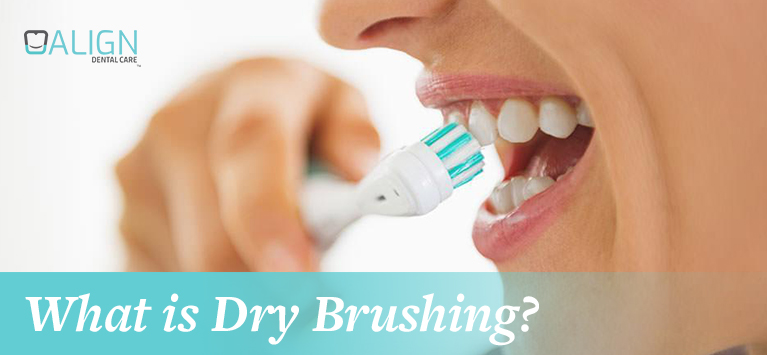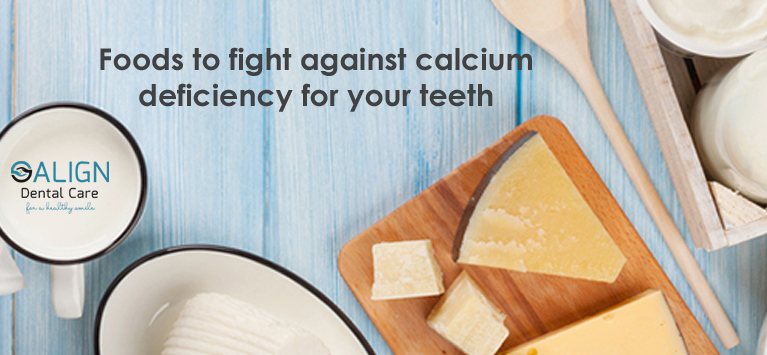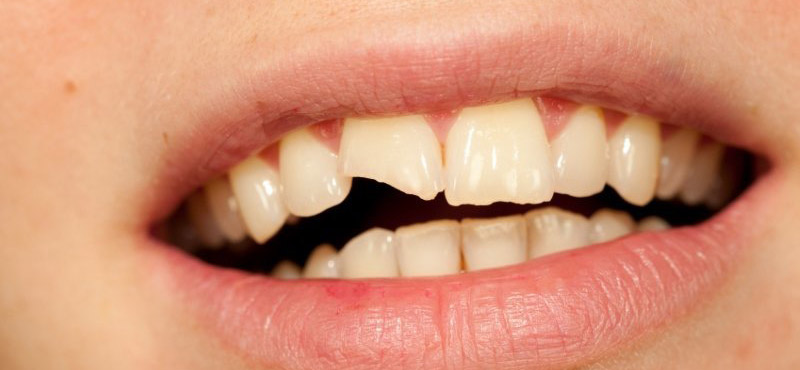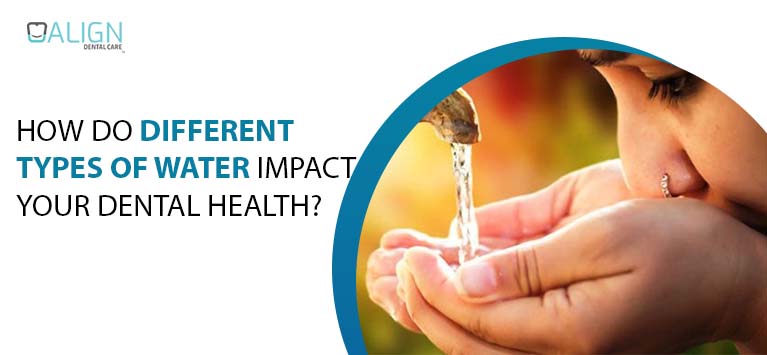
How do different types of water impact your dental health?
Everyone knows that water is an indispensable part of our lives. Water is an excellent source of nutritional compounds like calcium, magnesium, sodium, and potassium. Apart from feeding these nutrients, to our bodies drinking enough water every day is essential to regulate body temperature, eliminate toxins, hydrate the body cells, etc.
Similar to our physical well-being, water is beneficial for our oral health as well. Water is a natural mouth cleanser. Drinking plenty of water flushes out harmful bacteria from our mouths, strengthens teeth, prevents cavities, dry mouth, bad breath, and so on.
However, all types of water are not created equal. As their composition varies, their impact on our dental health also varies. Our dentists have explained a few common types of water and their effects on the oral cavity.
Table of Contents
1) RO Water (or) Distilled Water
Distilled water is considered as the purest form of water because it is filtered with Reverse Osmosis Technique.
Even though the RO water is devoid of any contaminants, it does not hold any beneficial effect on your teeth and gums. It is because the mineral compounds including fluoride in water are extracted during the purification process. In simply, drinking distilled water does not help you to keep your teeth strong and healthy.
Note: Water purifiers with patented TDS controllers allow you to filter the impurities without losing the mineral compounds in the water.
2) Bottled Water
Many people prefer bottled water as it is easily available, contains a refreshing taste, and is highly convenient. However, it does not also benefit your teeth because the water packed in plastic bottles is filtered & commercially processed neutral water.
Similar to distilled water, the mineral compounds are eliminated in the filtration process. On the other hand, some bottled water manufacturers add additives for a refreshing taste. It makes the water quite acidic so that will cause a wreck on your teeth in the longer run. Moreover, bottled water is susceptible to bacterial infection when you open and keep it in a room temperature.
In simply, bottled water does little for your oral cavity besides quenching your thirst and alleviating dry mouth.
3) Unfiltered Tap Water
Most people believe that municipal tap water is not safe to drink. However, the exact makeup of the water coming through municipal lines varies from place to place. In most cases, tap water is also clean and safe to drink as it contains minerals like fluoride that are essential to strengthen the teeth. Fluoride is considered as nature’s cavity fighter.
In certain areas, the tap water is chlorinated and contaminated with trace amounts of lead, arsenic, cyanide, or others. Consuming water with such impurities will have detrimental effects on your oral health.
If you want, install a filtration device with the tap to get rid of such contaminants.
4) Filtered Tap Water
The filters attached to the tap tend to remove chlorine and other health contaminants like cadmium, copper, and mercury. Meanwhile, a small amount of fluoride is also removed in this filtration process.
In essence, filtered tap water is devoid of detrimental compounds but holds the essential minerals to protect your teeth. In order to enjoy this benefit, use a BPA-free filter and replace it periodically to avoid harboring bacteria.
5) Sparkling Water
Sparkling water is the widely preferred beverage to quench thirst nowadays. It contains various carbonated agents and additives for its refreshing taste. Dentists reveal that it does not contain fluoride and is more acidic. Frequent consumption of sparkling water will impact your teeth adversely.
Bottom line
Water holds nutritional value including fluoride and others essential for our oral well-being. However, those mineral compounds are eliminated in the commercially processed purification process. Many people are unaware of it.
Hence it is mandatory to add foods and supplements that contain fluoride, teeth-friendly mineral compounds to your diet.






